Serbia to press on with ICJ plan
Despite criticism from EU countries, Serbia insists on seeking the ICJ’s view on Kosovo’s independence.
Tuesday, 05.08.2008.
11:56

Despite criticism from EU countries, Serbia insists on seeking the ICJ’s view on Kosovo’s independence. In order to be able to ask for the International Court of Justice’s (ICJ) opinion on whether Kosovo’s declaration of independence runs counter to international law, Serbia needs the support of the majority of UN member-states attending the General Assembly session in September. Serbia to press on with ICJ plan The UN General Assembly has the power to raise issues before the ICJ. The court’s decision is not binding, but can only give certain guidelines, says international legal expert Vladimir Djeric. “It is not a matter of a suit, but of the court’s judgment that can help the UN bodies in their work by clarifying certain legal issues which are complicated, ambiguous or disputable. There are no legal sanctions if these guidelines are not respected, but there is a great, so to say, legal or moral force behind the decision, and that is why the judgment of that court will be significant,” Djeric explains. Serbia’s initiative has come in for harsh criticism from the UK and France, who accuse the Belgrade authorities of provoking the EU, and that it might jeopardize Serbia’s further EU integration. Djeric says that countries that have recognized Kosovo can lobby against Serbia’s initiative, though he adds that it is surprising that Serbia’s right to ask the ICJ for its judgment has been questioned by EU officials. “What’s particularly surprising are some of the comments coming from EU officials. I should reiterate that one of the basic principles of the EU is the rule of law, and that within the EU itself, a huge role here is played by the European Court of Justice. In the same way, no-one can deny a country the right to seek the court’s interpretation,“ he says. India and the Non-Aligned Movement’s member-states have already announced their support for Serbia’s initiative, and it is possible that Belgrade may also seek the backing of European countries that have not yet recognized Kosovo’s unilateral independence. Lobbying by Serbian officials will continue in China, where the Olympics begin on Friday. On the eve of the opening, President Boris Tadic is due to meet with Chinese counterpart Hu Jintao. The International Court of Justice (FoNet, archive) Jeremic: Defending integrity by peaceful means Serbia will ask the ICJ for its judgment on the legality of Kosovo’s declaration of independence, says Vuk Jeremic. The foreign minister was in Egypt, seeking the support of the most influential Arab countries for Serbia’s motion to ask the opinion of the International Court of Justice (ICJ) on Kosovo’s unilateral independence. European officials see this move as a direct provocation of the EU. Jeremic’s visit to Cairo was planned before the annual UN General Assembly session, so that Serbia could garner as much support as it could among Arab nations, as Serbia’s initiative requires the support of 96 UN member-states to succeed. "Serbia hasn’t introduced a blockade [of Kosovo]. We just believe in peace and diplomacy. That’s why we intend to propose a resolution before the UN General Assembly, asking the Assembly to raise an issue before the ICJ – the issue being whether Kosovo declared independence in accordance with international law,” the foreign minister explained. British Ambassador to Belgrade Steven Wordsworth recently said that Serbia’s ICJ initiative seemed like a direct provocation that could only hamper Serbia’s cooperation with the EU and its further integration. However, Jeremic considers the preservation of territorial integrity to be a priority issue. "Serbia is not willing to sacrifice its territory in order to become a EU member state. This government will never accept that, and I don’t expect any future government to address the problem differently. We are a proud, democratic country, which is peacefully defending its constitution and territorial integrity, and will continue to do so,” he underlined. French Foreign Minister Bernard Kouchner advised Serbia to give up its ICJ initiative. Professor Ivo Viskovic says that the Kosovo issue will remain a significant part of Serbia’s relations with the EU, but that one important thing that goes in Serbia’s favor is that EU countries themselves have still not reached a unanimous position on recognition of Kosovo independence. "I believe, that in the long run, there will be no significant disruption of [EU-Serbia] relations, and that in time, some of the toughest advocates of this escalation will soften their position. They need to realize that they should have an elementary respect for the issues that are important for Serbia,” Viskovic points out. The ICJ’s final decision will not be binding, but if Serbia’s arguments are adopted, it could slow down or block recognition of Kosovo as an independent state.
Serbia to press on with ICJ plan
The UN General Assembly has the power to raise issues before the ICJ.The court’s decision is not binding, but can only give certain guidelines, says international legal expert Vladimir Đerić.
“It is not a matter of a suit, but of the court’s judgment that can help the UN bodies in their work by clarifying certain legal issues which are complicated, ambiguous or disputable. There are no legal sanctions if these guidelines are not respected, but there is a great, so to say, legal or moral force behind the decision, and that is why the judgment of that court will be significant,” Đerić explains.
Serbia’s initiative has come in for harsh criticism from the UK and France, who accuse the Belgrade authorities of provoking the EU, and that it might jeopardize Serbia’s further EU integration.
Đerić says that countries that have recognized Kosovo can lobby against Serbia’s initiative, though he adds that it is surprising that Serbia’s right to ask the ICJ for its judgment has been questioned by EU officials.
“What’s particularly surprising are some of the comments coming from EU officials. I should reiterate that one of the basic principles of the EU is the rule of law, and that within the EU itself, a huge role here is played by the European Court of Justice. In the same way, no-one can deny a country the right to seek the court’s interpretation,“ he says.
India and the Non-Aligned Movement’s member-states have already announced their support for Serbia’s initiative, and it is possible that Belgrade may also seek the backing of European countries that have not yet recognized Kosovo’s unilateral independence.
Lobbying by Serbian officials will continue in China, where the Olympics begin on Friday. On the eve of the opening, President Boris Tadić is due to meet with Chinese counterpart Hu Jintao.
Jeremić: Defending integrity by peaceful means
Serbia will ask the ICJ for its judgment on the legality of Kosovo’s declaration of independence, says Vuk Jeremić.The foreign minister was in Egypt, seeking the support of the most influential Arab countries for Serbia’s motion to ask the opinion of the International Court of Justice (ICJ) on Kosovo’s unilateral independence.
European officials see this move as a direct provocation of the EU.
Jeremić’s visit to Cairo was planned before the annual UN General Assembly session, so that Serbia could garner as much support as it could among Arab nations, as Serbia’s initiative requires the support of 96 UN member-states to succeed.
"Serbia hasn’t introduced a blockade [of Kosovo]. We just believe in peace and diplomacy. That’s why we intend to propose a resolution before the UN General Assembly, asking the Assembly to raise an issue before the ICJ – the issue being whether Kosovo declared independence in accordance with international law,” the foreign minister explained.
British Ambassador to Belgrade Steven Wordsworth recently said that Serbia’s ICJ initiative seemed like a direct provocation that could only hamper Serbia’s cooperation with the EU and its further integration.
However, Jeremić considers the preservation of territorial integrity to be a priority issue.
"Serbia is not willing to sacrifice its territory in order to become a EU member state. This government will never accept that, and I don’t expect any future government to address the problem differently. We are a proud, democratic country, which is peacefully defending its constitution and territorial integrity, and will continue to do so,” he underlined.
French Foreign Minister Bernard Kouchner advised Serbia to give up its ICJ initiative.
Professor Ivo Visković says that the Kosovo issue will remain a significant part of Serbia’s relations with the EU, but that one important thing that goes in Serbia’s favor is that EU countries themselves have still not reached a unanimous position on recognition of Kosovo independence.
"I believe, that in the long run, there will be no significant disruption of [EU-Serbia] relations, and that in time, some of the toughest advocates of this escalation will soften their position. They need to realize that they should have an elementary respect for the issues that are important for Serbia,” Visković points out.
The ICJ’s final decision will not be binding, but if Serbia’s arguments are adopted, it could slow down or block recognition of Kosovo as an independent state.













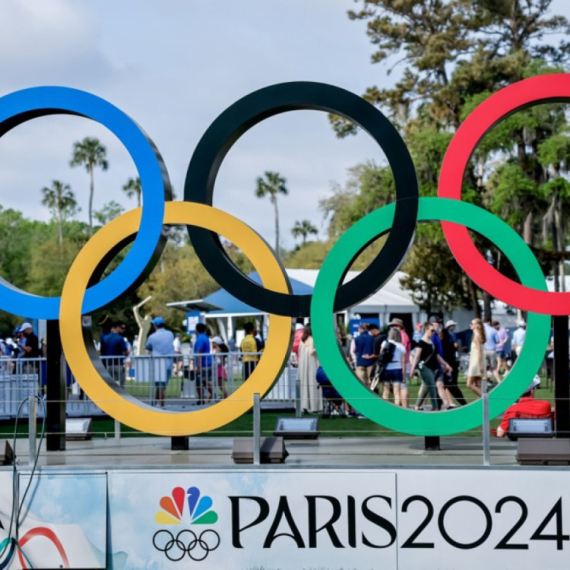

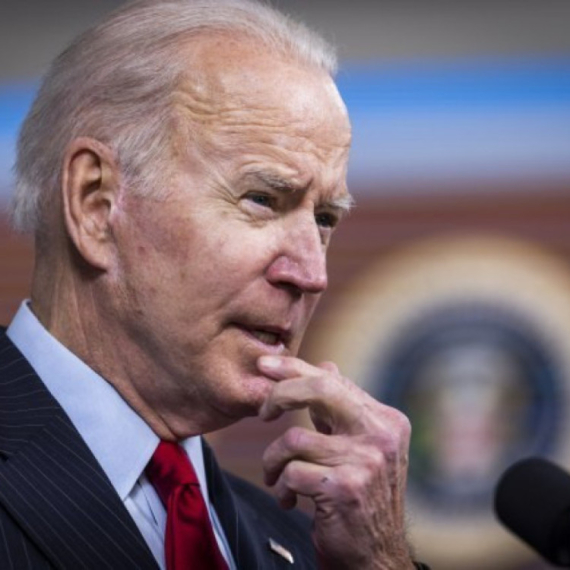
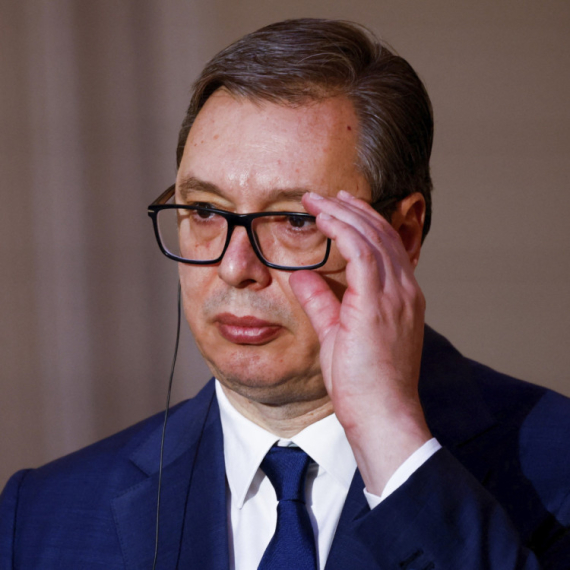



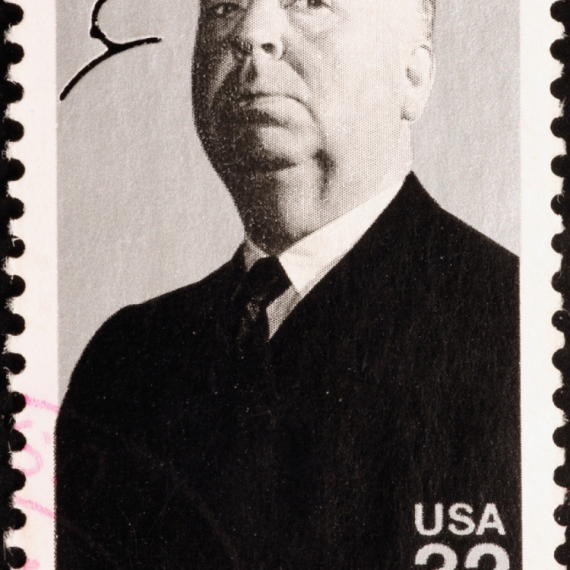




























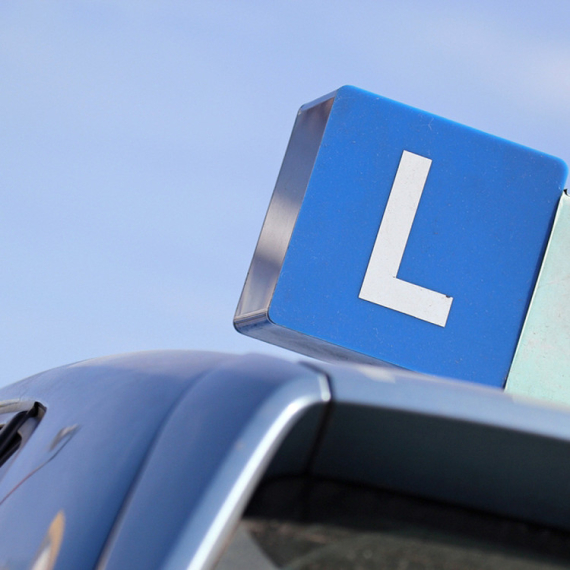





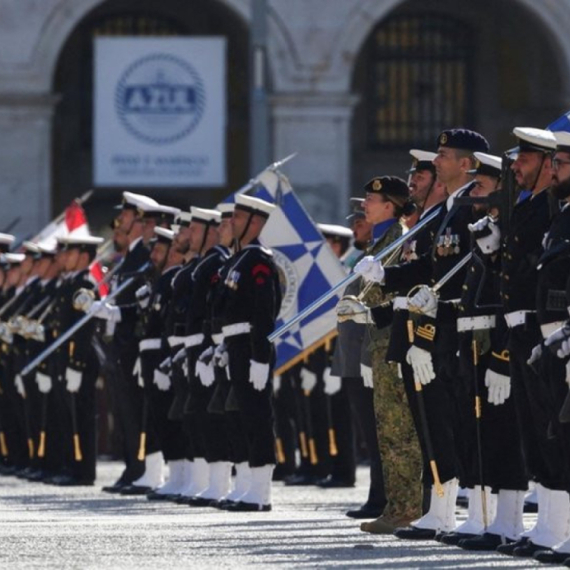


Komentari 37
Pogledaj komentare